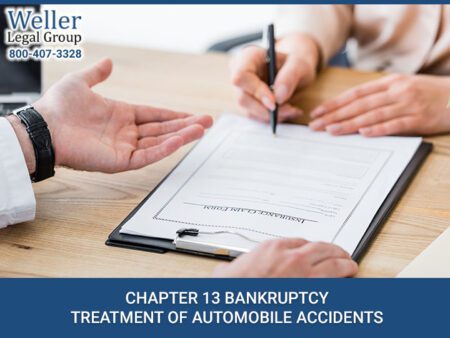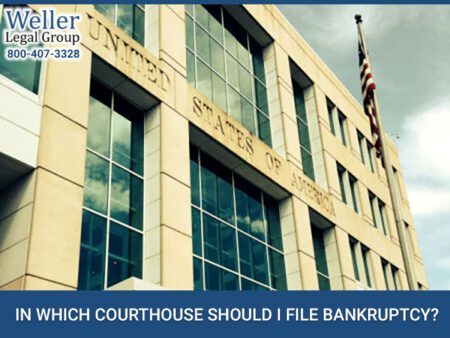Chapter 13 Bankruptcy Treatment of Automobile Accidents
If a Debtor is in an automobile accident, either before the filing of the Chapter 13 Bankruptcy or after the filing of Chapter 13, proceeds from any personal injury or property settlement arising out of the accident, are included in the Bankruptcy Estate. In Chapter 13 Bankruptcy in which the Debtor uses the Florida Bankruptcy Exemptions, there is no Exemption that specifically protects such proceeds arising from the accident. Most of our clients in Chapter 13 Bankruptcy, who are involved in an automobile accident, suffer Read More +



